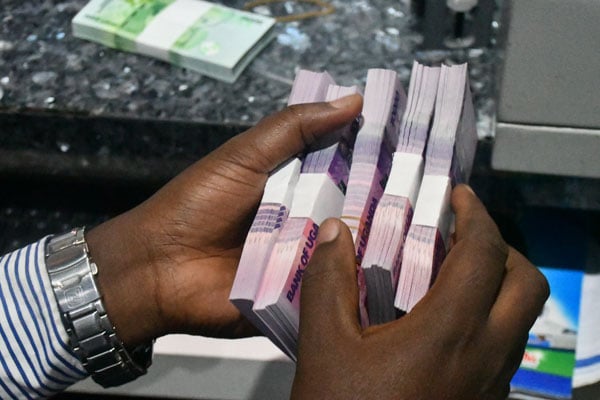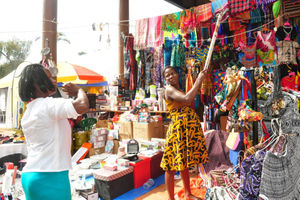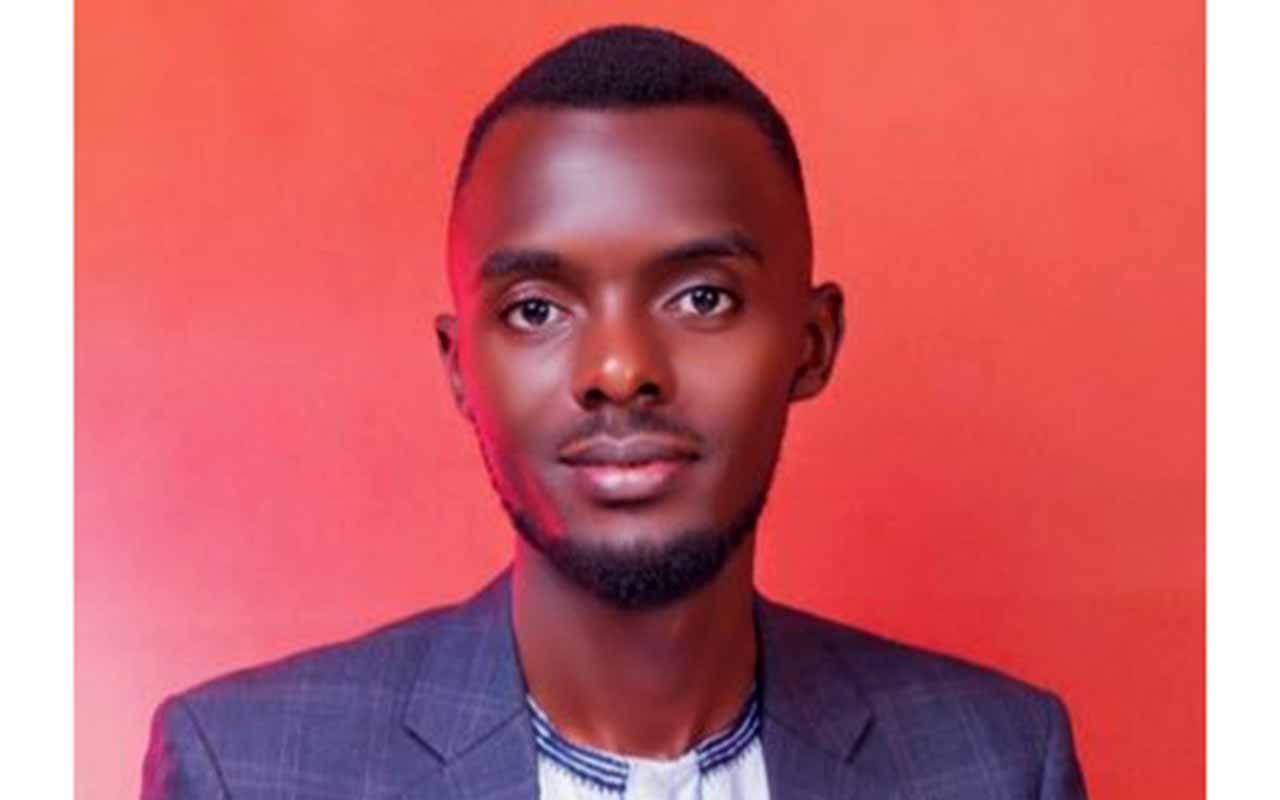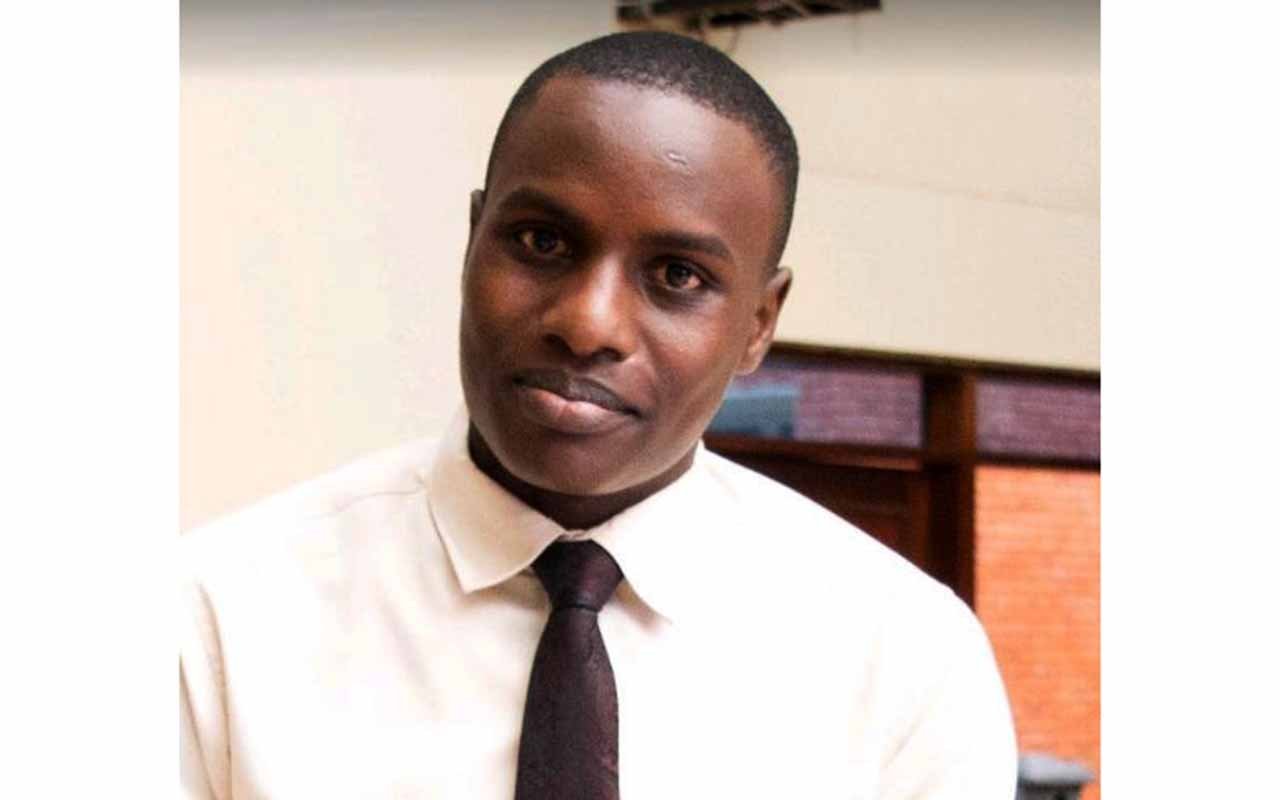
Emilly C. Maractho (PhD)
The unfolding events in Kenya remind us just how unpredictable things can be sometimes. It is said a day in politics can be very long. One day you are on top of the world and the next, the world is on top of you, they say. The most recent example being the decision by President William Ruto to dismiss his cabinet, with notable exceptions. Some people think, it is a courageous decision.
Yet, it must be asked, how did they get there? What happened to feeling the pulse of the population? Why does it seem like the political class in Kenya was taken off guard by the magnitude of events and the desperate measures that have followed? A friend, who lives abroad, called to ask if I thought a similar thing, in reference to the GenZ protests would happen in Uganda soon, almost wishing I would say yes. I laughed and asked, how would I know? There are already jokes about how Ugandans would respond to calls for similar protests.
Yet, what is not lost on me is how different Kenya and Uganda are, and that the drivers for change are also different, and how they respond to governance challenges is conditioned by factors that may not be similar to those of Uganda. And of course, how governments in these countries respond to citizen activism is as different as night and day.
There is never really a one-size-fits-all explanation for these things. And yet, one cannot say, no that will never happen in Uganda. Maybe not successfully soon. But who knew that presidents like Mr Ruto would be humbled so soon into his presidency, because of actions by determined young people with just phones in their hands in response to some of his policy proposals? Who knew that there would be considerations for a broad-based government by Mr Ruto to the point of dismissing his entire team, coming short of firing himself?
If you think there is a one-size-fits-all explanation or solutions to development challenges, remember the 1990s. After the structural adjustment programmes were widely implemented, seen as a sure way to deal with the development challenges of the time, some people renamed it the Suffering African People - SAPs, because of the effects they had in many countries. It was a time when some solutions were seen as cross-cutting and applicable to all countries regardless of context.
Developing countries had failed on some things that seemed to require similar solutions because of their governments. The International Monetary Fund (IMF) and the World Bank were blamed for crafting measures that would cause immense suffering for large sections of the population in the developing world. For IMF and World Bank, the only way out of the mess of that time, were the reforms to be taken like liberalisation, stabilisation, and privatisation. Uganda was seen as a huge success story in implementing these measures at the time.
It is easy to blame IMF and the World Bank and all those around the world, who prescribe medicine for our development problems. I heard that even Kenyans are blaming them for their current predicament – especially their debt dilemma. Whether it is destitution of some citizens, deprivation or exclusion from economic benefits, someone must be blamed, and we find it easy to put that blame at the doorstep of the World Bank and IMF. Yet, how these government faired in overcoming their development challenges should be at the centre of the discussion.
No doubt, there have been incredible changes in the global economy with marked reforms, from development as growth to development as freedom, putting people at the centre, where for us to lay claims to have developed, we must also recognise the extent to which that development offers people choices and the freedom to make them.
As a regional block, it would be interesting to see how the events unfolding in Kenya will create opportunities for the rest to rethink their approach to development and democracy. How governments distribute social opportunities like education, healthcare and social protection will determine the nature of public action and participation in democracy and development. I have had my doubts about some of the prescriptions of the IMF and World Bank for development challenges, but my frustration has often rested on how badly these are implemented.
It is foolish to blame others without looking at your role in the problem. We borrow and fail to put the loan to good use, for the right purpose. How do we get carried away, live large on a loan, divert it and blame the bank? The suffering will be inevitable.
Emilly C. Maractho is a PhD academic |[email protected]








